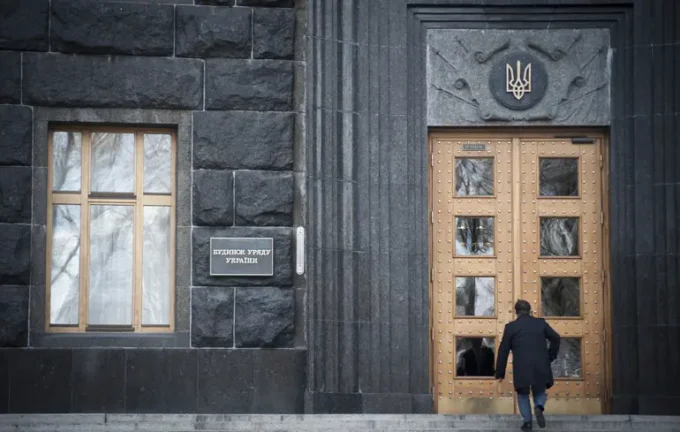Revitalizing Customs Reform: Government Moves Towards Transparent Leadership Selection

Recent months in Ukraine have cautionarily highlighted the stagnation within the customs reform process, raising concerns among economists, the business community, and international partners alike.
After prolonged delays and blocking efforts, the government has finally taken a significant step toward reinvigorating reform initiatives in the customs sector.
Prime Minister Yulia Sviridenko has addressed ministries and agencies, urging them to prepare a proposal for the upcoming government meeting.
The proposal will focus on establishing a transparent competition commission tasked with selecting a new head for the customs service.
This move is part of a broader strategy aimed at modernizing customs procedures to meet European Union standards, thereby enhancing efficiency and integrity in customs operations.
According to Sviridenko, the primary goal is to create a modern, service-oriented customs agency that not only complies with EU standards but also operates transparently and fairly, ensuring maximum revenue collection for the state budget.
The next government session is scheduled for Monday, August 4, where a final decision on the formation and appointment of the commission is expected.
Such developments would send a positive signal to international investors and partners, as reforming customs plays a crucial role in fulfilling Ukraine’s commitments to the IMF and other financial institutions.
Meanwhile, Deputy Yaroslav Zheleznyak reported on social networks that the formation of the commission has been finalized, and its appointment is anticipated on Monday, promising a rapid advancement of reform efforts.
However, it is important to note that the customs reform has been blocked by authorities for the past seven months, with accountability and explanations long overdue.
Zheleznyak emphasized that this delay hampers not only internal policy but also Ukraine’s international obligations, including the targeted receipt of IMF tranches and donor support.
Additionally, the Minister of Finance, Sergey Marchenko, is accused of obstructing the appointment of the head of the Bureau of Economic Security (BES).
He insists on maintaining control over personnel decisions, which complicates broader reforms.
Ongoing conflicts between ministries and political players threaten to undermine the stability of reform processes and international trust.
Despite these challenges, optimism persists that key reforms, including the appointment of a new customs leader, will soon happen.
Sviridenko reiterated her confidence that a fair and professional competitive process would ensure the successful modernization of Ukraine’s customs service—transforming it into a modern, efficient customs body aligned with EU standards, critical for economic growth and EU integration.

